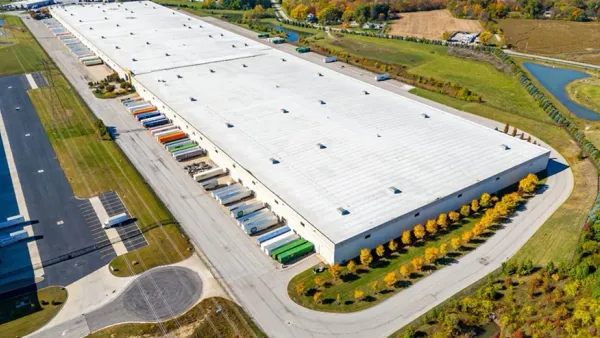The Environmental Protection Agency is launching an effort under the Toxic Substances Control Act to streamline its review of new chemicals that have applications in batteries, electric vehicles, semiconductors and renewable energy generation.
This effort follows a February announcement from the White House of a $35 million investment to boost domestic production of rare earth metals. Streamlining review of new chemicals that could improve supply chain issues is in line with the Biden administration’s focus on boosting domestic output of lithium and rare earth minerals to meet demand for future technology and ease the country’s reliance on China.
“From job creation to energy security — clean energy sectors will power the future of our country,” Assistant Administrator for the Office of Chemical Safety and Pollution Prevention Michal Freedhoff said in a statement. “Streamlining our review of new chemical substances that make up electric vehicle batteries and that can be used in other vital emerging markets will allow manufacturers to super-charge production, bolstering our economy and advancing the Biden-Harris Administration’s goals to protect the environment and combat the climate crisis.”
The initiative covers mixed metal oxides, or MMOs, including new and modified cathode active materials, or CAMs, EPA explained in the announcement.
“MMOs are innovative chemistries and have numerous electrical applications in batteries as well as use as catalysts, adsorbents, and in ceramics. Notably, MMOs, including CAMs, are a key component in lithium-ion batteries used in electric vehicles, which are a growing and important industry. New MMOs can also be used for semi-conductors, and renewable energy generation and storage, such as solar cells and wind power turbines. They typically consist of lithium, nickel, cobalt and other metals, and they are the key material used in the production of the cathode in battery cells, which are subsequently assembled into a battery,” EPA said.
Under TSCA, EPA must determine if any new chemical presents an unreasonable risk to human health or the environment, “and take steps to address that risk before it can enter commerce.”
The agency said it has reviewed hundreds of submissions under TSCA for MMOs, including CAMs and modified CAMs, since the 1980s. It plans to launch outreach and training for stakeholders regarding the new streamlined process and how to navigate the new chemicals submission process.
















